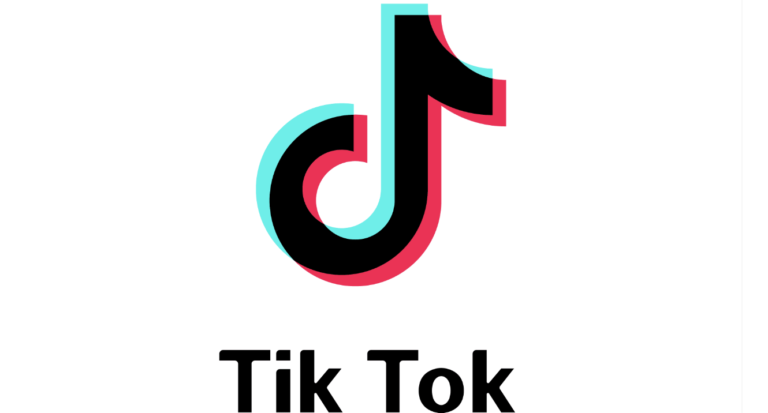
TikTok is preparing to shut down its popular app in the U.S. on Sunday if a planned federal ban goes into effect, USA Today is reporting. January 19 is the deadline for the short-video app’s Beijing-based parent company, ByteDance, to sell its American assets. If the app isn’t sold, it will face a nationwide ban in the U.S.
The American ban of the popular social media site will only be stopped if the Supreme Court moves to block it. If the ban does goes through, it would effectively remove TikTok from app stores.
The revelation comes after the Supreme Court appeared to support a law President Joe Biden signed last spring on national security grounds. However, President-elect Donald Trump and some lawmakers are advocating for an extension on the Sunday deadline.
If the ban does go into effect, existing users attempting to open the app will see a pop-up message directing them to a website with information about the ban, Reuters reported. TikTok also plans to give users an option to download all their data so that they can take a record of their personal information.
Under the law, the ban would also make new downloads of TikTok on app stores like Apple and Google no longer possible. While existing users will still be able use the app, they won’t be able to update their accounts. As a result, the accounts will likely stop working over time.
Some lawmakers are urging President Biden and the Supreme Court to take steps to prevent the ban from going into effect. One of those lawmakers is Sen. Ed Markey, D-Mass, who said on Monday that he planned to introduce legislation to delay the ban by an additional 270 days. During that time, ByteDance must sell TikTok or face the ban.
“TikTok creators and users across the nation are understandably alarmed. They are uncertain about the future of the platform, their accounts, and the vibrant online communities they have cultivated,” Markey said in a statement. “These communities cannot be replicated on another app. A ban would dismantle a one-of-a-kind informational and cultural ecosystem, silencing millions in the process.”
Markey has also joined Sen. Rand Paul, R-Ky, and Rep. Ro Khanna, D-Calif. in submitting a bipartisan brief. They asked the Supreme Court in the brief to reverse a lower court’s decision to uphold the TikTok ban. The lawmakers argued that “there are less drastic measures that could effectively address data security issues without infringing on constitutional rights.”
President-elect Trump has also urged the Supreme Court to delay the deadline. He hopes to give his administration time after taking office next Monday, Jan. 20 to pursue a political resolution.
Despite the looming ban and TikTok’s potential plans to shut down the app, it appears the jobs of the company’s 7,000 U.S. employees may be safe. The app plans to keep paying the workers, even if the Supreme Court doesn’t overturn the law. The company’s intentions were made clear in an internal memo sent by the company’s leadership that was reviewed Tuesday by Reuters.
“I cannot emphasize enough that your wellbeing is a top priority and so most importantly, I want to reinforce that as employees in the U.S., your employment, pay, and benefits are secure, and our offices will remain open, even if this situation hasn’t been resolved before the January 19 deadline,” the memo to TikTok employees said.
“The bill is not written in a way that impacts the entities through which you are employed, only the US. user experience,” the company added.
Known in China as Xiaohongshu, the app offers lifestyle recommendations on such topics as beauty, pets and food. In recent days, the company has seen influx of more than 700,000 new users. It has also been transformed into an unexpected bilateral channel for U.S.-China exchanges. Users are able to share photos and questions.
Chinese state media has supported the trend, with state broadcaster CCTV saying that the TikTok users have found a new home. Chinese foreign ministry spokesperson Guo Jiakun also said at a press briefing that “China has always supported and encouraged strengthening cultural exchanges and promoting mutual understanding among the peoples of all countries.”
However, China has for years tightly controlled cyberspace through its “Great Firewall” censorship. The country has blocked such foreign social media networks as Instagram and X.
The censorship also requires most users on Chinese social media platforms to have a Chinese phone number to log on. The country also limits users of the platforms to mainly Chinese residents.
ByteDance restricts TikTok to foreign users. It also runs a separate version for mainland Chinese residents called Douyin.
RedNote, in contrast, maintains only one version of its app. As a result, there have also signs that some new foreign users are testing its censorship limits. Some posted on X that they were unable to post about topics that are sensitive in China, such as the 1989 Tiananmen Square crackdown.
The Chinese platform has begun searching to find ways to moderate English-language content as a result. It’s also building English-Chinese translation tools to help continue bringing users together.
If the TikTok ban in the U.S. does go through, the company said in a court filing last month that it estimated one-third of its 170 million American users would no longer be able to access the platform. As a result, more Americans using social media could turn to RedNote to continue connecting with other users around the world.
If you liked this article, please share your comment below.

